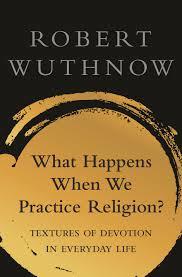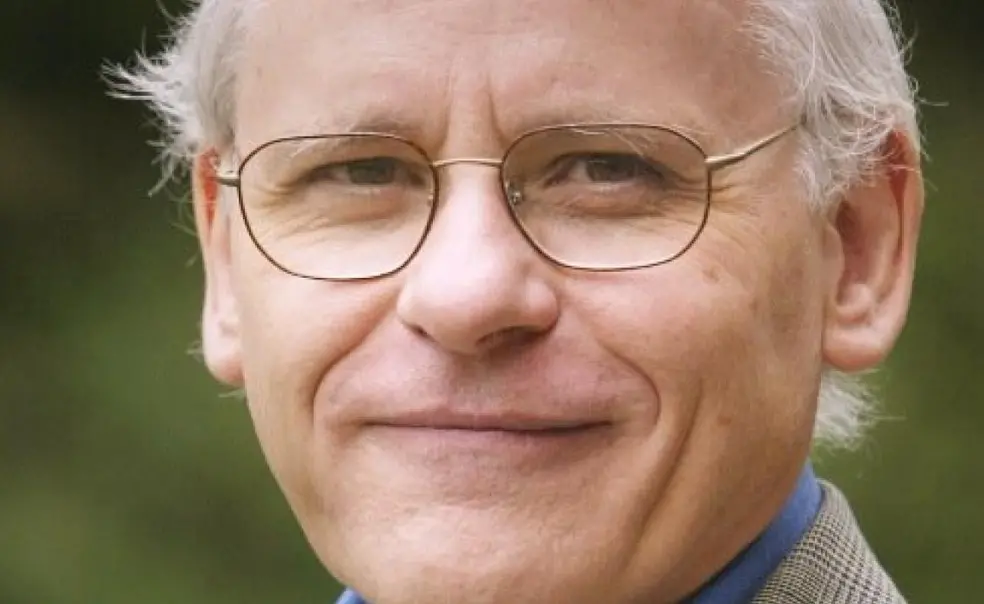Robert Wuthnow Examines Religion Through Practice

The book: In this book, Gerhard R. Andlinger ’52 Professor of Sociology Robert Wuthnow grapples with questions surrounding religion, building off discussions originally generated in Princeton’s Center for the Study of Religion. Wuthnow focuses mostly on one question: what does it mean to practice religion?
What Happens When We Practice Religion?: Textures of Devotion in Everyday Life (Princeton University Press) engages with a wide variety of sociological and religious scholars to probe the role and place of religious practices. By looking sequentially at theories, situations, intentions, feelings, and bodies, Wuthnow analyzes a series of studies on social relationships, learned skills, and other elements of practice to find its place in modern-day society.
The author: Robert Wuthnow is the Gerhard R. Andlinger ’52 Professor of Sociology. He has published widely in the sociology of religion, culture, and civil society. He is an elected member of the American Philosophical Society and the American Academy of Arts and Sciences, a recipient of the Warren J. Mitofsky Award for Excellence in Public Opinion Research, the Mirra Komarovsky Book Award, a Guggenheim Fellowship, and the Martin E. Marty Award for Public Understanding of Religion. His current research focuses on religion and politics, religion and race, social change, rural America, and sociological theory.
Opening lines: Practicing religion focuses on what people do and say rather than only on what they think and believe. Practices are the interconnected strings of activity that constitute our personal lives and the social relationships that shape the contours of our collective existence. They are what we do to get things done. Some take hardly any time at all; others unfold over months and years. Many of them become so routine that we rarely think about them; others require extensive deliberation and discipline. All practices are an interplay of habit and improvisation, of choice and constraint.
Emphasis on practice in the study of religion is an emerging and yet insufficiently elaborated development. It valuably directs attention to how religion is enacted within the everyday settings of our personal lives and in the public discourse and power arrangements that govern our lives together. It boldly challenges the notion that religion can be understood in terms of predefined categories of affiliation and belief or that religion is too subjective, too idiosyncratic, to be a focus of academic integrity at all. Practicing is observable. It is observable in gestures, demeanor, speech, social arrangements, and public policies. Practicing religion occurs not only in ashrams and churches and mosques. It happens in homes and hospitals, on the street, at work, and in art galleries, concert halls, government offices, and prisons. Understanding religion as a practice necessitates delving deeply into what happens in these situations. It requires paying attention to how the social interaction there unfolds through time, how people express their intentions and feelings, and what they do with their bodies as they devise the routines and rituals that give their lives spiritual meaning.
Reviews: “With his characteristic insight and erudition, Robert Wuthnow has produced another gem of a book. What Happens When We Practice Religion? is a broad-ranging and generous text, distilling several generations’ worth of social scientific work on the paradigms of practice that will engage newcomers and old-timers alike.” – Matthew Engelke, Columbia University










No responses yet